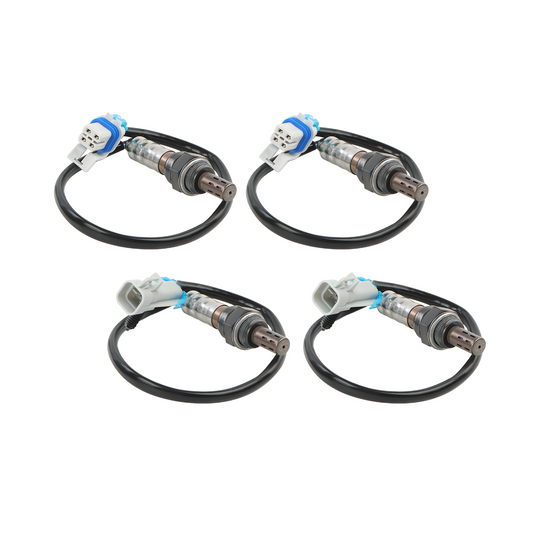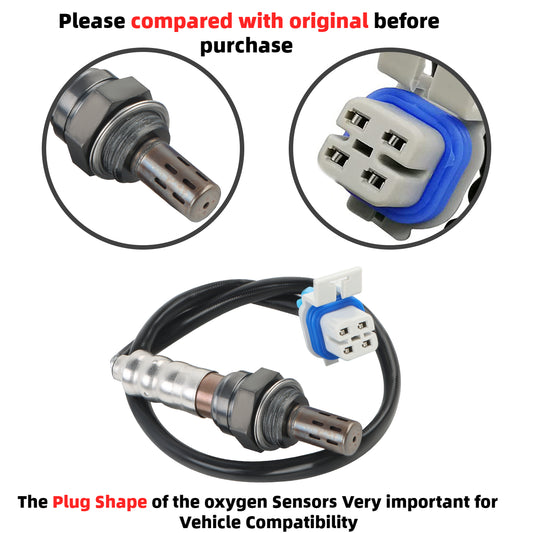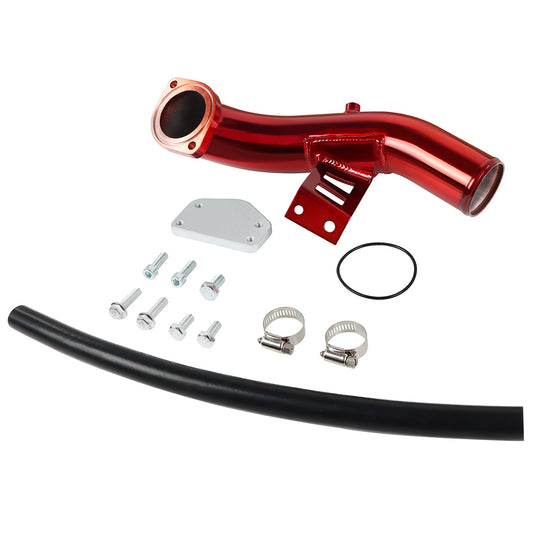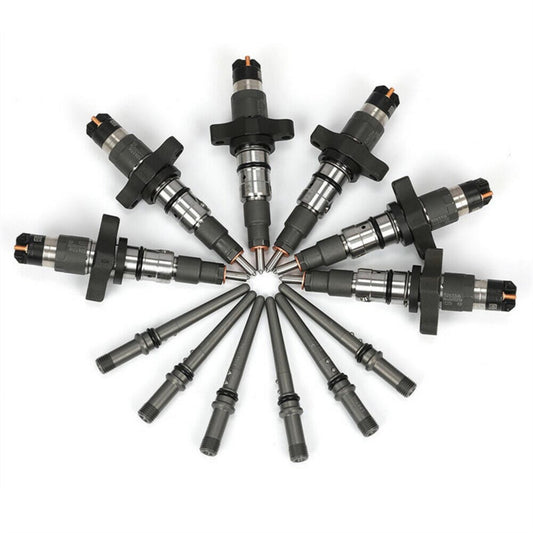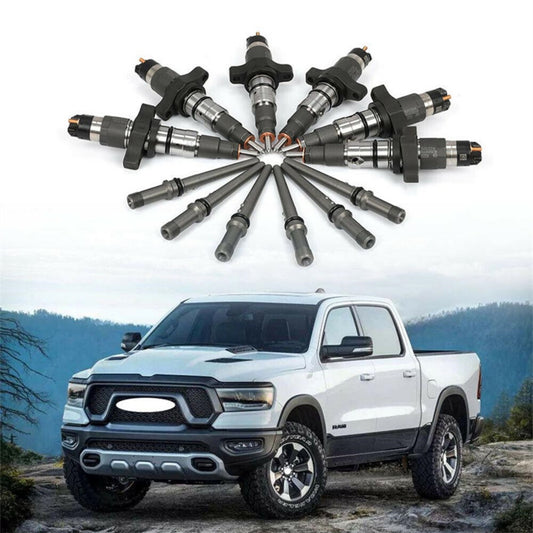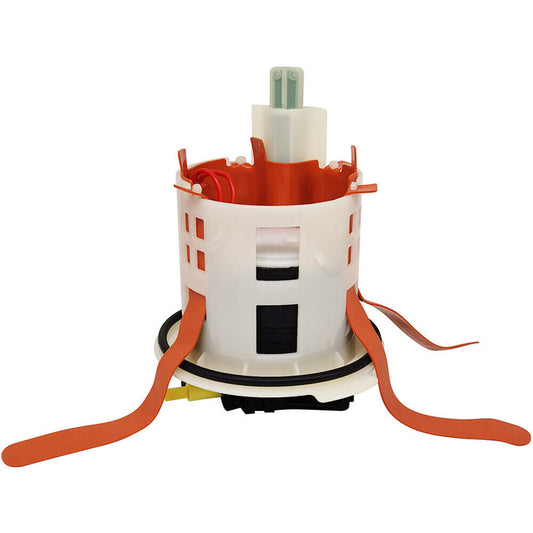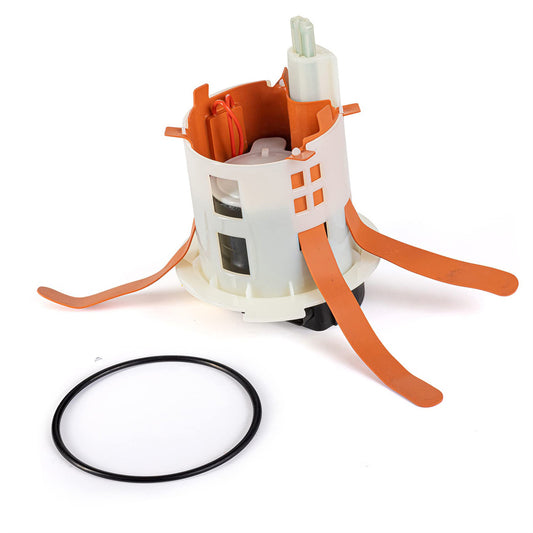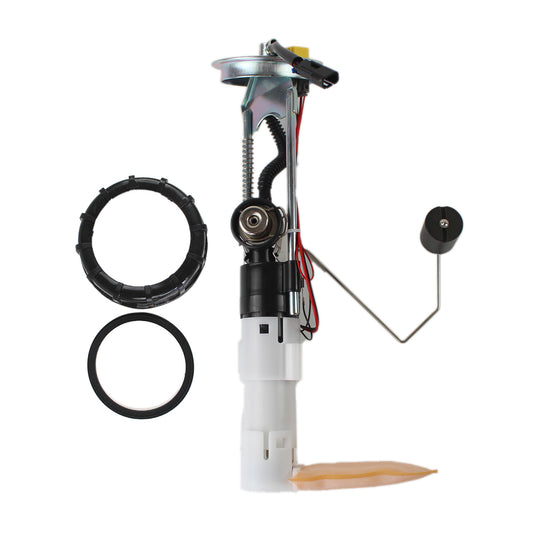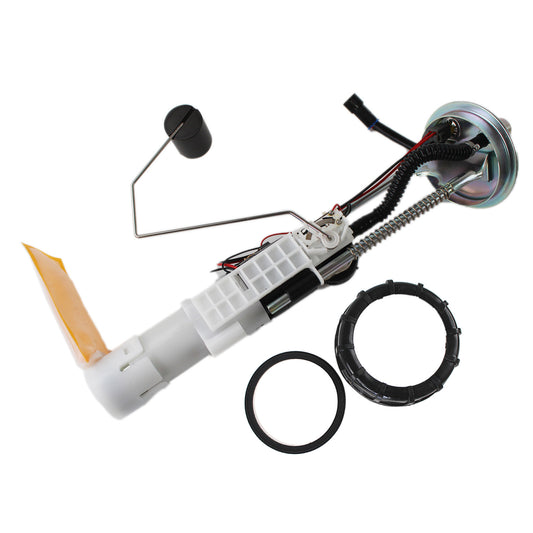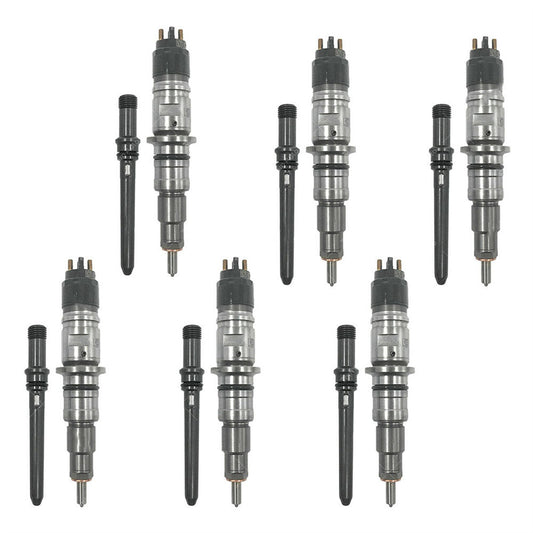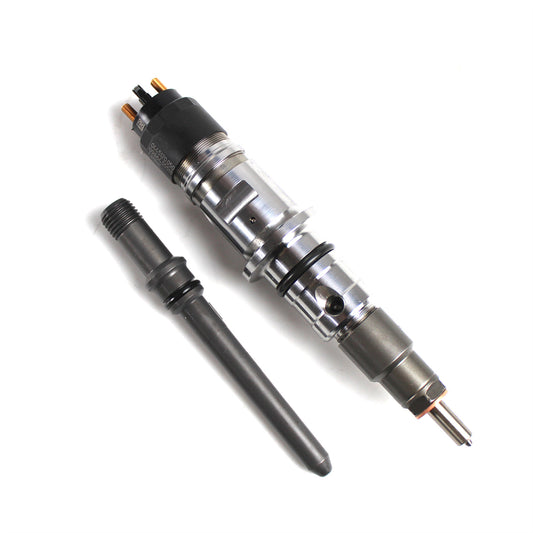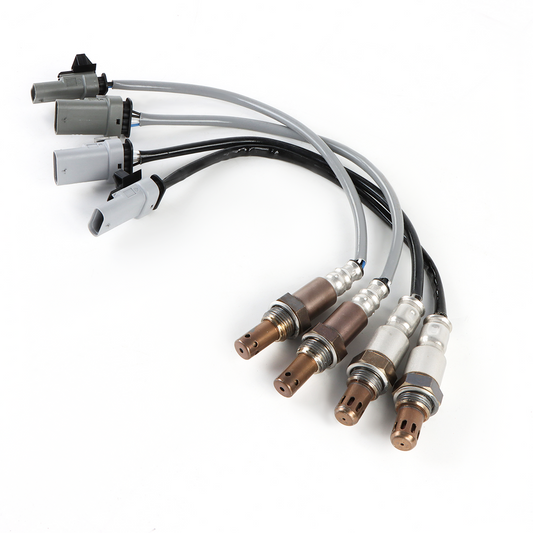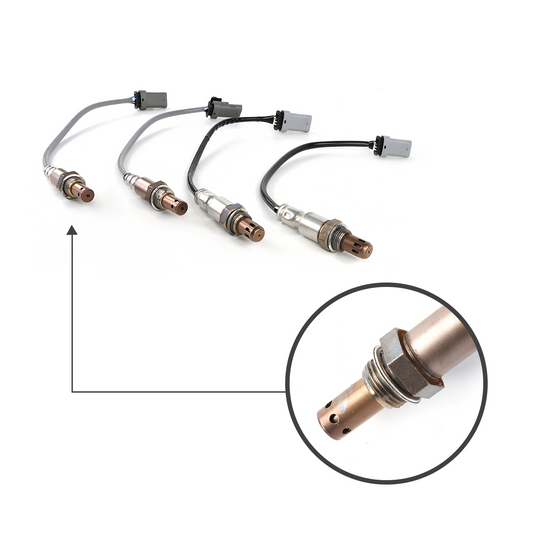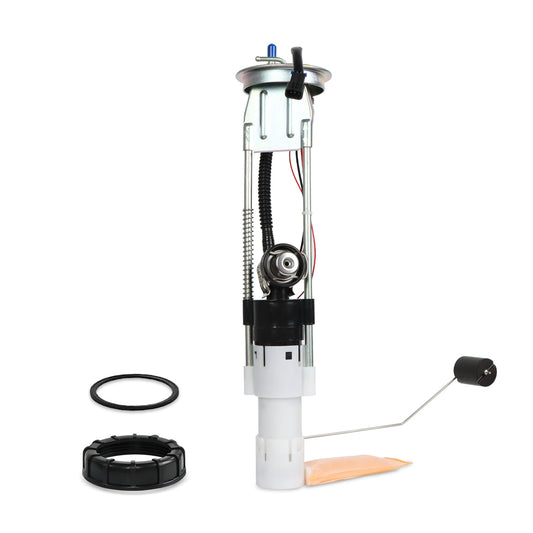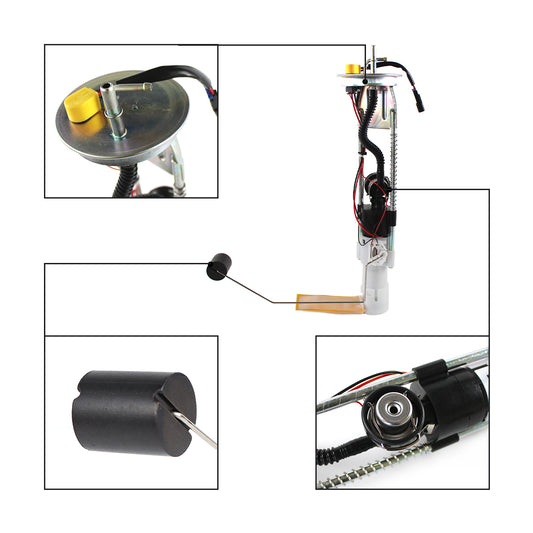Demystifying Intercoolers: What Is an Intercooler and How Does It Enhance Forced Induction Engines?
Introduction: Have you ever wondered what lies beneath the hood of a high-performance turbocharged or supercharged engine? One crucial component that plays a significant role in maximizing power output and engine efficiency is the intercooler. In this post, we will delve into the world of intercoolers, exploring their purpose, functionality, and the benefits they bring to forced induction systems.
Defining the Intercooler:
An intercooler is an integral part of forced induction systems found in turbocharged and supercharged engines. Its primary function is to cool down the compressed intake air before it enters the engine's combustion chambers. By lowering the temperature of the compressed air, the intercooler increases its density, resulting in improved combustion and enhanced performance.
How Intercoolers Work:
Intercoolers work on a simple principle: heat exchange. As the hot, compressed air from the turbocharger or supercharger passes through the intercooler, it comes into contact with a cooling medium—typically ambient air or a liquid coolant. This contact transfers heat from the compressed air to the cooler medium, effectively reducing the air temperature and increasing its density.
Benefits of Intercoolers:
The installation of an intercooler yields several key benefits:
- Increased Power Output: By cooling the intake air, intercoolers allow for a denser air charge, providing more oxygen for combustion. This results in improved power output and torque delivery, enhancing overall engine performance.
- Enhanced Engine Efficiency: Cooler air reduces the risk of pre-ignition, or knocking, allowing engines to operate at higher boost pressures and extract more energy from the fuel-air mixture. This leads to improved fuel efficiency and reduced emissions.
- Consistent Performance: Intercoolers help maintain consistent power output by preventing excessive heat buildup during prolonged or demanding driving conditions. This ensures the engine operates optimally, even under high-load situations.
Types of Intercoolers:
There are two primary types of intercoolers: air-to-air intercoolers and air-to-water intercoolers. Air-to-air intercoolers use ambient air to cool the compressed intake air, while air-to-water intercoolers utilize liquid coolant to achieve the cooling effect. The choice between these types depends on factors such as packaging constraints, desired cooling efficiency, and application requirements.
Upgrading Intercoolers:
For performance enthusiasts looking to extract even more power from their forced induction engines, upgrading to a larger, more efficient intercooler can be beneficial. Aftermarket intercoolers offer superior cooling properties, reduced pressure drop, and improved airflow characteristics, resulting in enhanced performance gains and increased reliability.
Conclusion: Intercoolers serve as the backbone of forced induction systems, enabling turbocharged and supercharged engines to reach their full potential. By cooling the compressed intake air, intercoolers boost power output, enhance engine efficiency, and ensure consistent performance. Consider upgrading your intercooler to unleash the true capability of your forced induction engine and embark on an exhilarating driving experience like no other.


